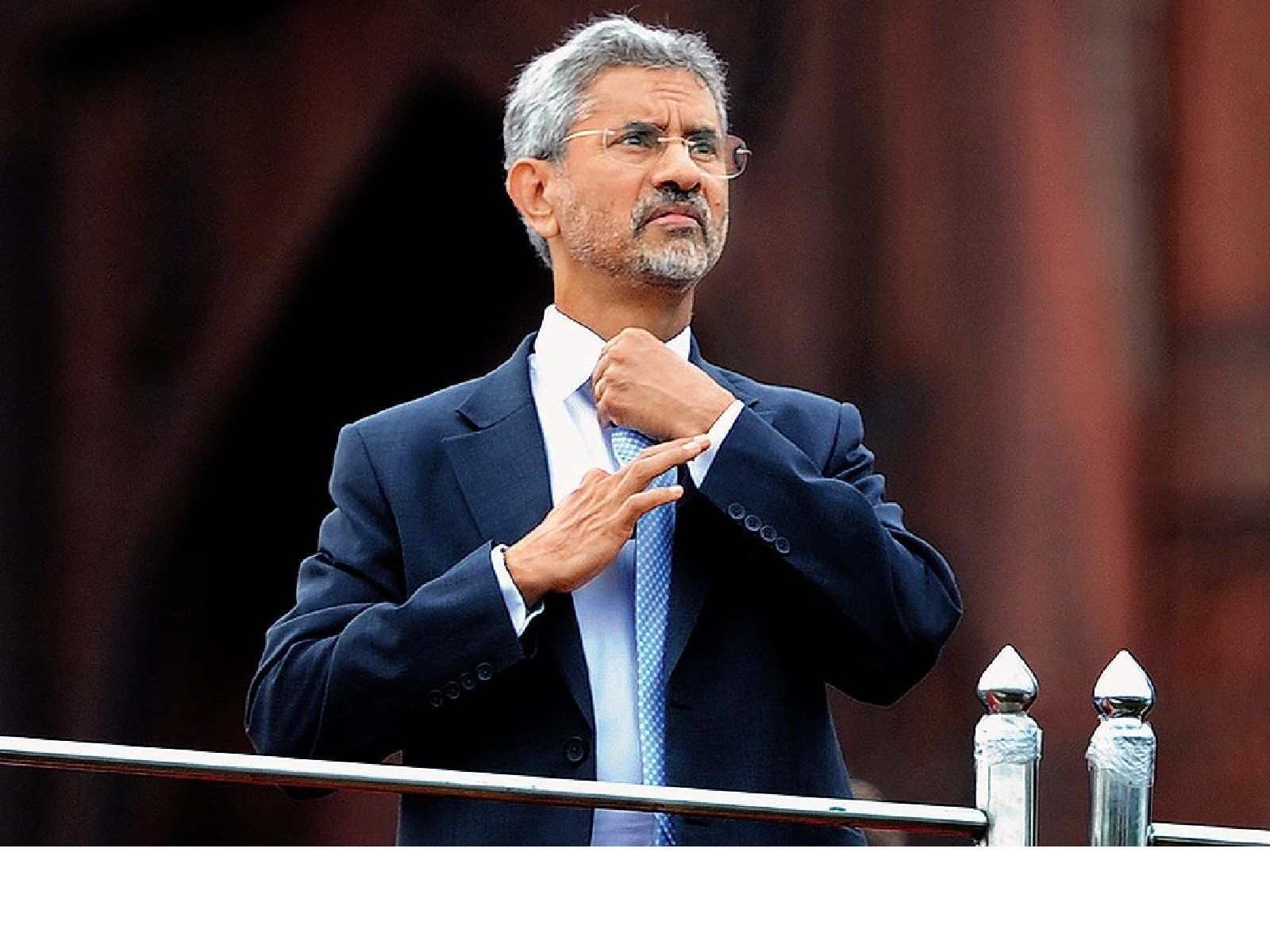Striking the right balance

Following his US visit to attend the annual session of the UN General Assembly, Indian External Affairs Minister (EAM) S Jaishankar noted that the two countries do not share "a narrow relationship" and that the Indo-US ties today "impact the rest of the world." His statement can be judged to be high on the accuracy parameter. India has not just emerged as one of the most important pillars of US foreign policy but has also established itself at the focal point of larger geopolitics in the wake of the Russia-Ukraine war. The fast-increasing bonhomie between India and the United States is a result not just of the confluence between the two countries on principles of democracy but also of India's growing prowess. It is certainly India's growing relevance in the global order that makes it imperative for the United States to inch closer to the Asian pivot. India, at the same time, has been cautious in balancing its relationship with the US and its rivals — a stand that should be maintained in the future as well. Relevance of India's relationship with the US can be broadly seen through two lenses — bilateral and the one pertaining to larger geopolitical issues. There are only limited challenges on the bilateral front. The United States perceives India to be an important market for its arms and ammunition trade. Minister of State for Defence confirmed in an address to Lok Sabha that between 2020-21 and 2022-23 (till June 30), 59 AoNs amounting to Rs 1,83,778 crore had been accorded and 91 contracts amounting to Rs 1,19,045 crore were concluded. Over the next 5-6 years, India will make procurement of around USD 130 billion. More importantly, two years ago in September 2020, India's Department for Promotion of Industry and Internal Trade (DPIIT) allowed foreign direct investment (FDI) in defence production above 74 per cent on the automatic route. In what manner, and to what extent these figures will impact the Make in India campaign is an altogether different debate. What is clearly evident is that India stands there as a potential market for arms and ammunition, and the US is more than willing to tap into this market in various forms. It may be pertinent to note here that by defreezing its arms' assistance to Pakistan, the US has shown its true colours. The USD 450 million F-16 refurbishment package to Pakistan for maintaining "interoperability with partner forces in ongoing counter-terrorism efforts and in preparation for future contingency operations" is an obvious sham. Indo-US defence ties are touted as being robust but India should be wary of the possible repercussions these might have. Apart from promoting the Make in India campaign in the defence sector, India should also aim at diversifying arms trade with trustable partners. Beyond bilateralism, challenges are paramount. By remaining equidistant from both the West and Russia amid the Russia-Ukraine war, India maintained its position of being a possible interlocutor between warring factions. While addressing a joint presser with US Secretary of State Antony Blinken, India's EAM very diligently raised his concern over oil prices. By saying that rising oil prices have been "breaking our backs", Jaishankar articulated a concern that many other developing nations would relate to. His statement not just highlighted the need for an end to the Russia-Ukraine war but also justified India's continuance of oil imports from Russia. Going forward, an extraordinary level of deft and finesse will be required on the part of India to play a role in resolving the Ukraine crisis. India's foreign policy should also be aimed at insulating the country from similar geopolitical vulnerabilities that may arise in the future, because geopolitical instability is a malaise that feeds on itself. The way forward for India is to engage positively with all countries — including Pakistan and China — in national interest and minimize the chances of conflict in any part of the world. A strong Indo-US relation will make sense only if it is duly balanced with other important factors. For the time being, the Russia-Ukraine war has shown that conflict hurts all. Let's stand for peace.



